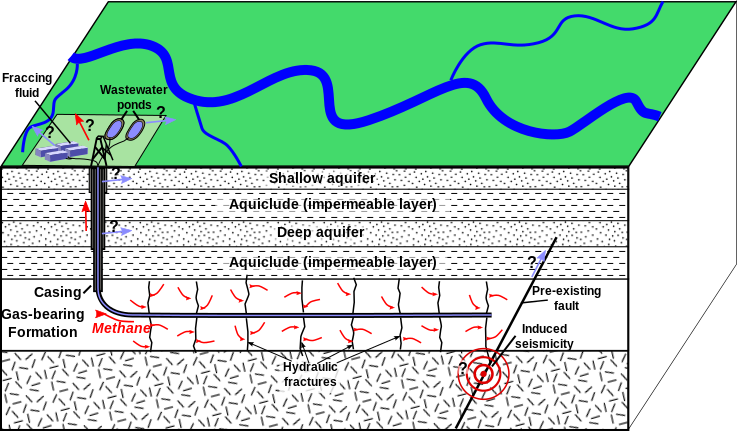“Bundle (noun): Several objects or a quantity of material gathered or bound together.” www.Dictionary.com.
In the legislature, “bundling” has a more ominous meaning. Late in the session, conference committees take several bills, some good, some bad, and “bundle” them together for an up or down vote. As a result, legislators are forced to vote for bills they may oppose in order to pass bills they support, or vote against bad bills at the cost of also defeating good legislation. It’s an important part of legislative leadership’s power brokering at the Statehouse.
On the last night of this session, the practice reached its peak. The last bill to reach the floor bundled seven tax bills into one package. We were forced to decide whether to pass a bill that relieved an unfair tax burden on National Guardsmen and saved literally hundreds of good paying jobs, or vote against a bill which extended unnecessary tax breaks to certain counties. I voted for veterans and jobs.
This is not the way the legislature should work. If re‑elected, I intend to participate in drafting legislative rules which would bring an end to this practice. These rules have been proposed before, but have failed to pass. Voters are entitled to know how a legislator voted on a bill, and also why a legislator voted for or against a bill. Under the present rules, voters cannot really know where their legislator stands on important issues when one bill contains seven different topics, some good and some bad.

